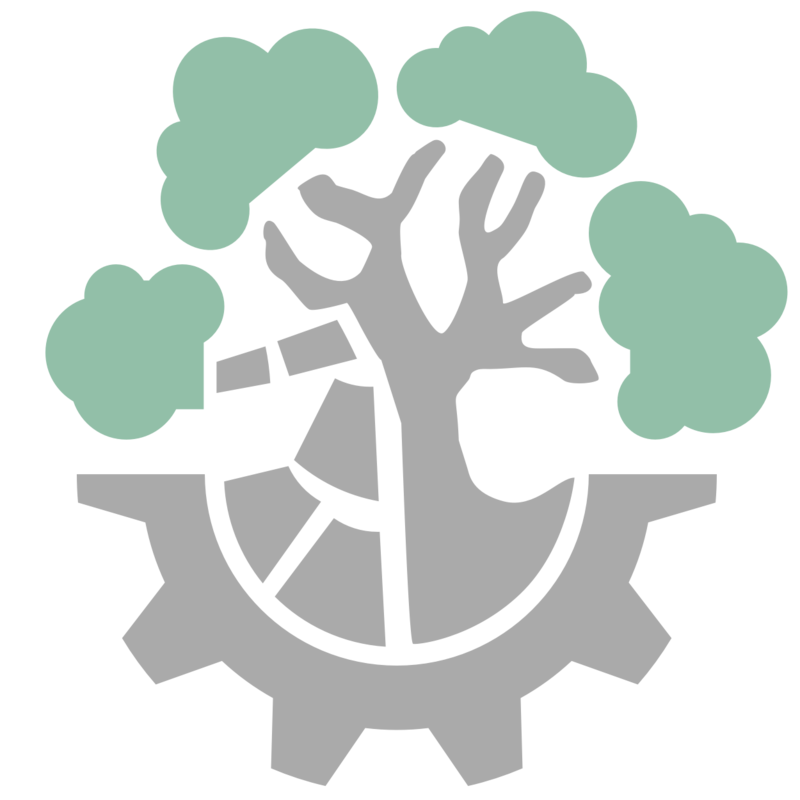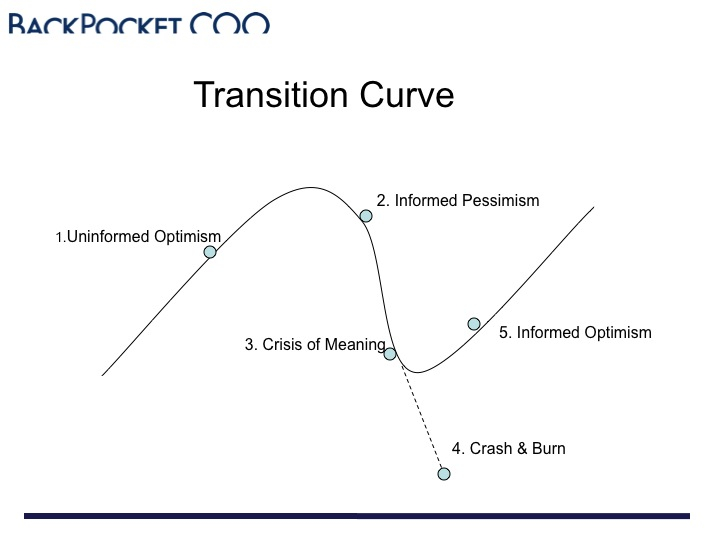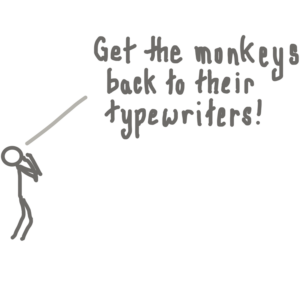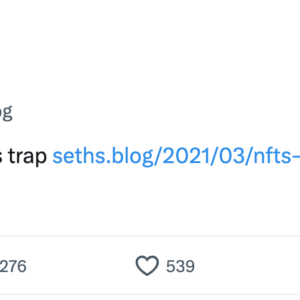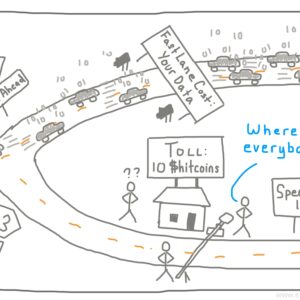My $100 Million Idea
I love catching the wave of a new idea. It’s happened to me many many times in the past few months and each one is somewhat akin to a religious experience. I think every entrepreneur in the world knows the feeling I’m talking about. In fact, one of those idea waves at the beginning of the year was what finally convinced me to pursue entrepreneurship for real. This is not the story of that idea. That particular gem, a user-generated brand advocacy platform, didn’t make it far out of the gate.
Some of my big ideas hit me in the morning and I can’t even sit down for breakfast without first tearing through four pages of frantic notes. It is sudden and intense. The idea I’ll get into here, though, actually resulted from many little discouragements along the way as I tried to follow up on those other bursts of AM inspiration.
When I first started really letting my creativity run, I found myself enchanted with an endless series of product ideas. Usually, they were apps designed to provide some service directly relevant to my life like finding craft beers or other individuals in the world around me. One rule I have when ideating is that I will not so much as open an internet browser until I have completely burned out my initial stream of creativity. I want to get it all out on paper in an unfettered way before I am influenced by any external factors like competitors or technologies or, basically, reality. It’s an attempt to avoid limiting myself prematurely. Naturally, that means that I didn’t find out about the two dozen apps designed to do the exact same thing I had imagined until after I’d gained some good enthusiasm for my Awesome App Ideas.
Anyway, as I looked into more and more apps, I started realizing with frustration exactly how crowded the app space is. Finding a new app really isn’t the answer. I started seeing it as a shark tank with too little food. There was so much competition for eyeballs, clicks, and attention from consumers and small businesses that it turned into a cacophony of noise. I started thinking, instead of adding to the noise, why not work the other way and try to cut it down?
So I developed a concept to help small businesses make sense of all the apps and services trying to vie for their attention and to make it easier for them to enter the app space. Expand the pie with new businesses, my thinking went, and you benefit the entire ecosystem. The key was making sure small businesses had an extremely simple, one-stop way to get their information onto the web and into the hands of consumers and developers. Think about a funky downtown restaurant that wants to get found by not just the usual Yelp- or UrbanSpoon-type apps but anything else that people start using to locate interesting niche cuisines. The owners don’t have time to figure out which apps are trending and how to get included or how to make sure their daily specials or reservation information is current.
So I built up some creative momentum and fleshed out a whole enterprise built around serving nontechnical small businesses who wanted in to the ecosystem without much fuss. I felt pretty good about it ““ I was going to help people get connected to customers, customers to find businesses, and developers to create better products. It wasn’t an idea that had sprung from only my needs, it was the eventual result of dozens of random conversations that I’d had with small business owners about their needs without knowing exactly what I was getting to. So I went with a fair degree of confidence to remove my blinders and check out the concept in the real world.
As it happens, that morning during my blog roundup I saw a passing mention on Charlie O’Donnel’s blog about a company in the USV portfolio that sounded suspiciously relevant. I clicked the link to their homepage and started browsing. I read some copy, checked out the customer reviews, read some more copy and realized that it was”¦. The Exact. Same. Idea.
Woof.
It’s normally not all that discouraging to find competitors all over my random ideas. It tells me that, though what I am coming up with may be overused or tardy, at least it is relevant. I have faith that I could possibly do it better if I wanted to, but I like to skew the odds as much in my favor before I start so that kind of overwhelming competition is still a deal breaker. This time, though, I had definitely let myself get attached so it sucked to see someone else doing it so exactly.
The company is called Single Platform and they just sold to Constant Contact for $100 million. And, basically, they look awesome. From their website:
“Our goal is to help businesses easily list their products, services and prices – EVERYWHERE online. We believe consumers should be able to find what they’re looking for and businesses should be able to showcase their storefronts – EVERYWHERE online. SinglePlatform is turning every business listing across the Web into content rich local storefronts.”
Sound familiar?
Anyway, I can’t help but wish them continued success. It is an awesome idea (if I must say so myself) and the team sound like great executors. If they succeed, we all benefit just a little.
The experience was just one among many as I continue to ideate while I am learning the skills necessary to execute. It’s an exciting phase ““ there are few things quite so addictive as letting unbridled creativity run. Because of this, it can be a real letdown when reality comes in to roost. Cameron Herald documented this phenomenon in the context of a startup’s transition cycle using the following chart, which could really be titled “The Startup Rollercoaster”:
Cameron Herald’s Startup Transition Curve Slide
Tim Ferriss has a good blog post about it that’s definitely worth checking out. The moral of the story is that, while it is exciting to chase ideas, it can be detrimental to your success if you keep getting drawn into ideating again and again whenever you start dealing with reality during the informed pessimism or crisis of meaning stages. At that point, you should really be pushing forward and building a business, not letting yourself be lured astray by some other exciting possibility.
Basically, it’s a lot easier to start a dozen things than follow one through. I’ll be keeping that in mind when I get into the execution phase. Until then, though, I guess I’ll have to keep coming up with ideas until I find a great one that hasn’t already had its nine-figure exit.
